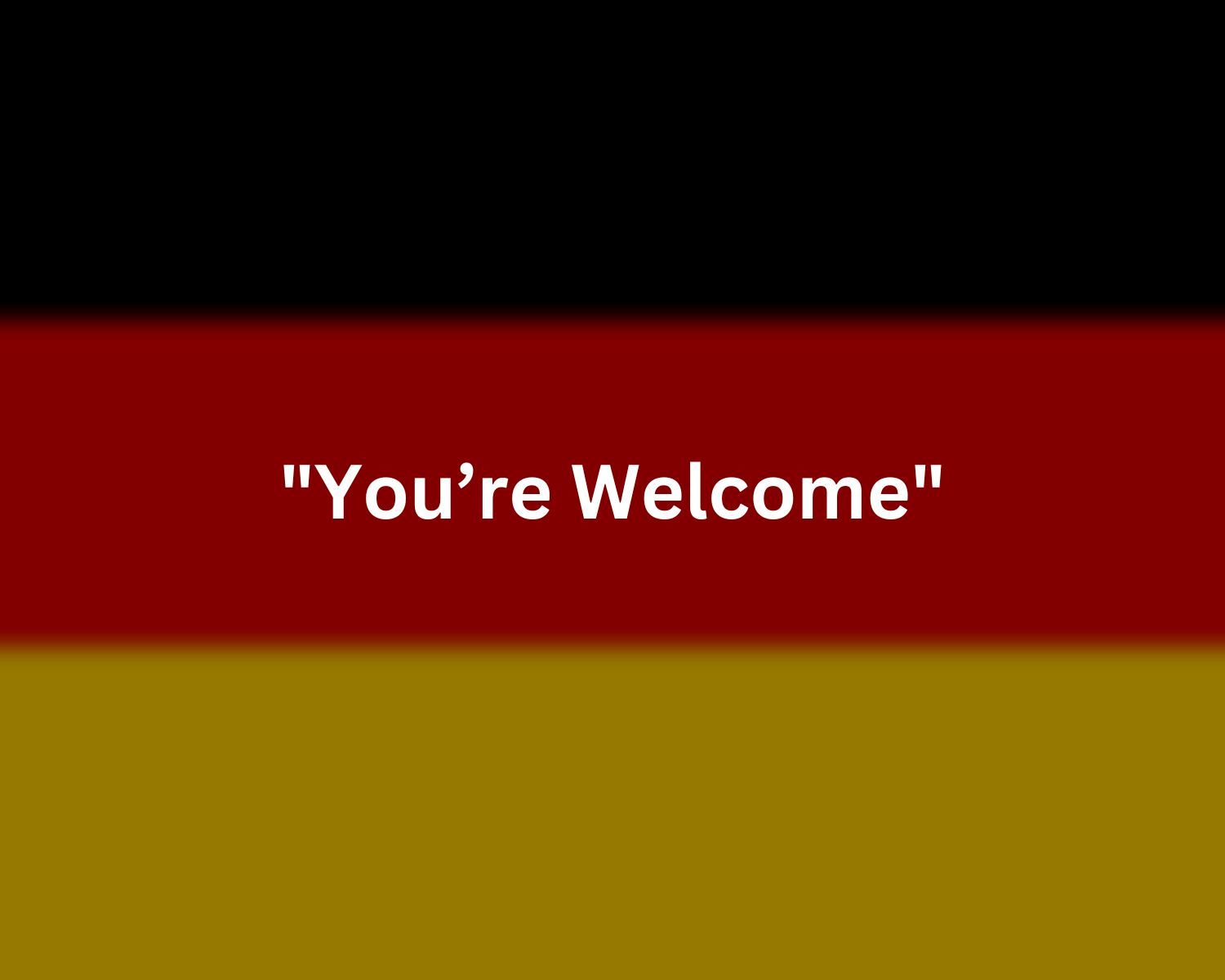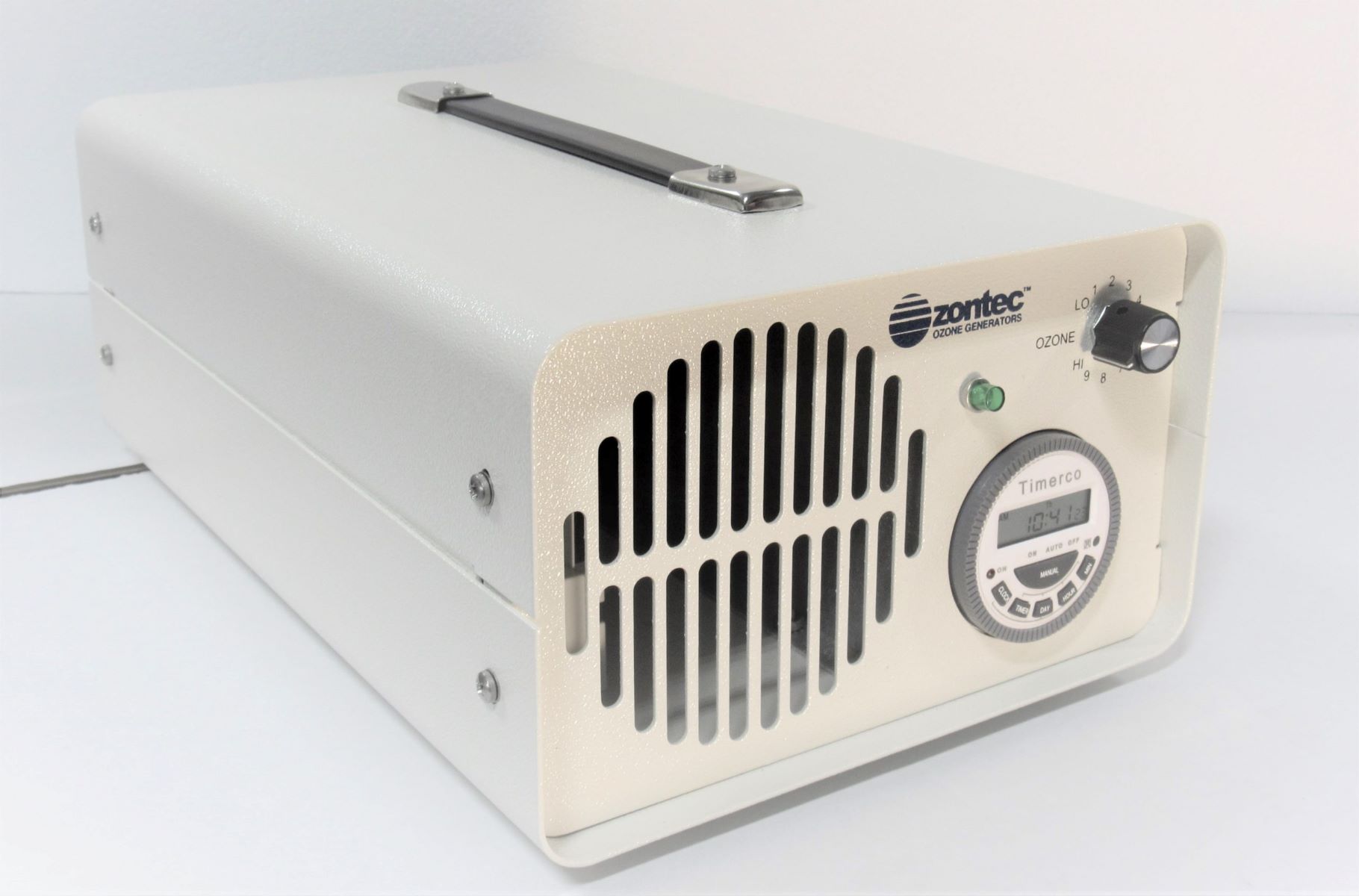Home>Language and Grammar>How To Say ‘Hello’ In Portuguese


Language and Grammar
How To Say ‘Hello’ In Portuguese
Modified: April 1, 2024
Learn how to say "hello" in Portuguese and explore language and grammar tips in this comprehensive guide. Start your Portuguese language journey today!
(Many of the links in this article redirect to a specific reviewed product. Your purchase of these products through affiliate links helps to generate commission for Regretless.com, at no extra cost. Learn more)
Table of Contents
Introduction
When visiting a new country or interacting with people from different cultures, knowing how to greet someone in their native language can go a long way in fostering positive connections. In this article, we will delve into the diverse ways to say "hello" in Portuguese, the official language of Portugal, Brazil, and several other countries. Whether you're planning a trip to a Portuguese-speaking region or simply want to expand your linguistic repertoire, mastering the art of greeting in Portuguese can open doors to meaningful interactions and cultural exchange.
The Portuguese language boasts a rich history and is spoken by millions of people worldwide. Its unique blend of Latin roots and regional influences has given rise to a variety of greetings that reflect the warmth and hospitality of Portuguese-speaking communities. From formal salutations suitable for business settings to casual expressions used among friends, the spectrum of Portuguese greetings offers insight into the social dynamics and customs of the language's speakers.
In the following sections, we will explore the fundamental greetings in Portuguese, including formal and informal variations. Additionally, we will uncover alternative ways to say "hello" that capture the nuances of different Portuguese-speaking regions. By the end of this article, you will have a comprehensive understanding of the diverse linguistic landscape of Portuguese greetings, equipping you with the knowledge to engage with native speakers in a manner that is both respectful and culturally attuned. So, let's embark on this linguistic journey and unravel the vibrant tapestry of Portuguese greetings.
Read more: How To Say “Christmas” In Spanish
Basic Greetings
In Portuguese, basic greetings serve as the cornerstone of social interactions, embodying the warmth and cordiality deeply ingrained in the culture. When initiating a conversation or meeting someone for the first time, using the appropriate greeting sets a positive tone and demonstrates respect for the language and its customs. The most common way to say "hello" in Portuguese is "Olá." This versatile greeting can be used in various contexts, from casual encounters with friends to formal introductions in professional settings. Its simplicity and universal applicability make it an essential phrase for anyone seeking to engage with Portuguese speakers.
Another widely used greeting in Portuguese is "Oi," which shares similarities with the English "hi" in terms of informality and friendliness. "Oi" is often employed in everyday conversations and is particularly popular among younger generations and in relaxed social settings. Its laid-back nature makes it a go-to option for initiating conversations with acquaintances and peers.
Furthermore, the expression "Bom dia" is used to greet someone with "good morning." This polite and respectful salutation is typically used before noon and reflects the cultural emphasis on acknowledging the start of the day with positivity and courtesy. Similarly, "Boa tarde" is employed to wish someone a "good afternoon," signaling a transition from the morning to the latter part of the day. These time-specific greetings demonstrate the importance of acknowledging the temporal context in social interactions, underscoring the significance of politeness and consideration in Portuguese culture.
Additionally, "Boa noite" is the equivalent of "good evening" and is used to greet someone after sunset. This phrase encapsulates the notion of wishing others well as the day draws to a close, embodying the sentiment of goodwill and camaraderie. Whether used in formal or informal settings, "Boa noite" conveys a sense of warmth and hospitality, reflecting the values deeply rooted in Portuguese society.
Mastering these basic greetings in Portuguese lays a solid foundation for meaningful interactions and showcases a genuine interest in engaging with the language and its speakers. By incorporating these phrases into your linguistic repertoire, you can navigate social encounters with confidence and convey your appreciation for the rich tapestry of Portuguese culture.
Formal Greetings
In Portuguese culture, formal greetings play a pivotal role in demonstrating respect and courtesy, particularly in professional and official settings. When engaging in formal interactions, employing the appropriate greeting reflects a deep appreciation for the customs and traditions upheld in Portuguese-speaking communities. One of the most prevalent formal greetings in Portuguese is "Bom dia," which translates to "good morning." This phrase embodies a sense of politeness and acknowledges the beginning of the day with a dignified and cordial tone. Whether used in business meetings, formal events, or encounters with esteemed individuals, "Bom dia" sets a respectful and professional atmosphere, underscoring the importance of acknowledging temporal nuances in social exchanges.
Furthermore, the expression "Boa tarde" serves as a formal greeting to wish someone a "good afternoon." This phrase is employed during the latter part of the day and conveys a sense of decorum and consideration for the time of day. When engaging in formal conversations or addressing individuals in positions of authority, using "Boa tarde" exemplifies a refined and courteous approach, aligning with the cultural emphasis on displaying politeness and deference in formal settings.
Moreover, the phrase "Boa noite" is utilized as a formal greeting to wish someone a "good evening." This expression embodies a sense of sophistication and goodwill, particularly when engaging in formal social gatherings or addressing individuals in esteemed positions. By employing "Boa noite," individuals convey a dignified and respectful demeanor, reflecting the cultural value placed on graciousness and courtesy in formal interactions.
In formal contexts, such as business meetings, official events, or encounters with dignitaries, mastering these formal greetings in Portuguese is essential for demonstrating cultural awareness and respect. By incorporating these phrases into formal discourse, individuals can navigate professional environments with grace and convey a profound understanding of the significance of etiquette and decorum in Portuguese culture.
Informal Greetings
In informal settings, Portuguese speakers often employ greetings that reflect a sense of familiarity, warmth, and camaraderie. These casual salutations encapsulate the convivial nature of everyday interactions and highlight the sociable and amiable character of Portuguese culture. One of the most prevalent informal greetings in Portuguese is "Oi," which mirrors the casual and friendly nature of the English "hi." This versatile expression is commonly used among friends, family members, and acquaintances, setting a relaxed and approachable tone for conversations. Its informal charm makes it a popular choice for initiating casual exchanges and fostering a sense of closeness and familiarity.
Additionally, the phrase "Olá, tudo bem?" is a common informal greeting that translates to "Hello, how are you?" This expression embodies a genuine interest in the well-being of the person being greeted and reflects the emphasis on establishing meaningful connections in informal interactions. By incorporating a genuine inquiry about the other person's welfare, "Olá, tudo bem?" conveys a sense of empathy and consideration, fostering a sense of rapport and camaraderie.
Furthermore, the colloquial greeting "E aí?" is frequently used in informal settings to inquire about someone's well-being or simply to initiate a casual conversation. This laid-back expression reflects the relaxed and sociable nature of Portuguese interactions, emphasizing the value placed on creating a comfortable and friendly atmosphere. Whether used among peers or in casual social gatherings, "E aí?" encapsulates the spirit of informality and camaraderie, paving the way for lighthearted and engaging conversations.
Moreover, the expression "Oi, tudo bom?" is another informal greeting that conveys a sense of friendliness and affability. This phrase, which translates to "Hi, everything good?" exemplifies the genuine interest in the other person's welfare and reflects the cultural emphasis on fostering genuine connections through informal exchanges. By incorporating these informal greetings into everyday interactions, individuals can cultivate a sense of warmth and familiarity, fostering meaningful relationships and embracing the convivial spirit of Portuguese culture.
Incorporating these informal greetings into everyday interactions allows individuals to authentically engage with Portuguese speakers, fostering a sense of camaraderie and connection while embracing the sociable and amiable nature of Portuguese culture.
Other Ways to Say Hello
In addition to the fundamental greetings in Portuguese, there are various regional and colloquial expressions that capture the diverse linguistic landscape of Portuguese-speaking communities. These alternative ways to say "hello" offer insight into the cultural nuances and regional variations that enrich the tapestry of Portuguese greetings.
In Brazil, the informal greeting "Tudo bem?" is widely used to inquire about someone's well-being and translates to "Is everything good?" This expression reflects the Brazilian emphasis on establishing a genuine connection and expressing concern for the other person's welfare. Whether used among friends, colleagues, or acquaintances, "Tudo bem?" embodies the warm and sociable nature of Brazilian interactions, fostering a sense of camaraderie and goodwill.
Furthermore, in Portugal, the informal greeting "Está tudo bem?" serves as a common way to inquire about someone's well-being and translates to "Is everything okay?" This expression mirrors the Portuguese value of expressing genuine interest in the welfare of others and setting a friendly and approachable tone for conversations. By incorporating this colloquial greeting into everyday interactions, individuals can embrace the hospitable and amiable spirit of Portuguese culture.
Moreover, in informal settings across Portuguese-speaking regions, the expression "E aí, beleza?" is frequently used to greet someone in a casual and friendly manner. This colloquial phrase, which translates to "What's up, all good?" embodies the laid-back and convivial nature of informal interactions, reflecting the emphasis on creating a relaxed and welcoming atmosphere. Whether used among peers, family members, or in casual social gatherings, "E aí, beleza?" encapsulates the sociable and affable character of Portuguese greetings, fostering a sense of familiarity and camaraderie.
Additionally, the colloquial greeting "Alô" is commonly used in informal contexts to attract someone's attention or initiate a conversation. This versatile expression reflects the casual and friendly nature of Portuguese interactions, serving as a simple yet effective way to acknowledge someone and initiate a dialogue. Whether used in everyday encounters or informal gatherings, "Alô" embodies the inclusive and approachable spirit of Portuguese greetings, paving the way for engaging and lighthearted conversations.
By familiarizing oneself with these alternative ways to say "hello" in Portuguese, individuals can gain a deeper appreciation for the cultural nuances and regional variations that enrich the linguistic tapestry of Portuguese-speaking communities. Embracing these diverse expressions allows for meaningful connections and fosters a genuine understanding of the hospitable and convivial nature of Portuguese greetings.
Read more: How To Say “Wassup” In Spanish
Conclusion
In conclusion, the diverse array of greetings in Portuguese reflects the rich tapestry of linguistic and cultural nuances embedded within the language. From the foundational "Olá" and "Oi" to the formal "Bom dia," "Boa tarde," and "Boa noite," each greeting encapsulates the values of warmth, respect, and camaraderie deeply ingrained in Portuguese-speaking communities. Whether engaging in formal or informal interactions, mastering the art of greeting in Portuguese is not merely a linguistic endeavor but a gateway to understanding the social dynamics and customs of the language's speakers.
The informal greetings, such as "Oi, tudo bom?" and "E aí?" embody the convivial and amiable nature of Portuguese interactions, fostering a sense of familiarity and camaraderie. These expressions pave the way for lighthearted and engaging conversations, reflecting the sociable character of Portuguese culture. Furthermore, the alternative ways to say "hello" in different Portuguese-speaking regions, such as "Tudo bem?" in Brazil and "Está tudo bem?" in Portugal, offer a glimpse into the regional variations that enrich the linguistic landscape of Portuguese greetings.
By embracing the diverse greetings in Portuguese, individuals can authentically engage with native speakers, fostering meaningful connections and demonstrating a profound respect for the language and its cultural significance. Whether embarking on a journey to a Portuguese-speaking country or simply seeking to expand one's linguistic repertoire, the art of greeting in Portuguese serves as a bridge to cross-cultural understanding and appreciation.
In essence, the multifaceted nature of Portuguese greetings reflects the values of warmth, hospitality, and genuine human connection. By immersing oneself in the linguistic tapestry of Portuguese greetings, individuals can embark on a journey of cultural discovery, fostering meaningful interactions and embracing the convivial spirit of Portuguese-speaking communities. So, as you venture into the world of Portuguese greetings, may each "Olá" and "Bom dia" resonate with the warmth and camaraderie that define the essence of Portuguese culture.














